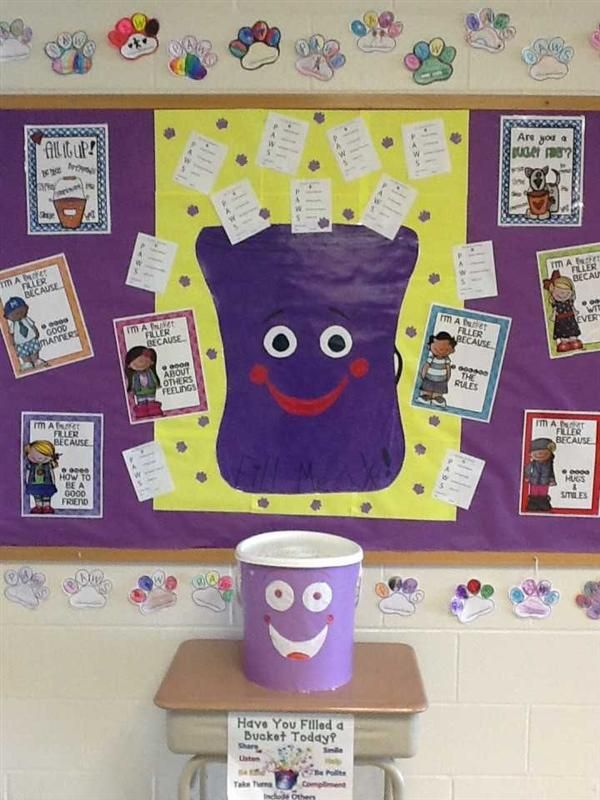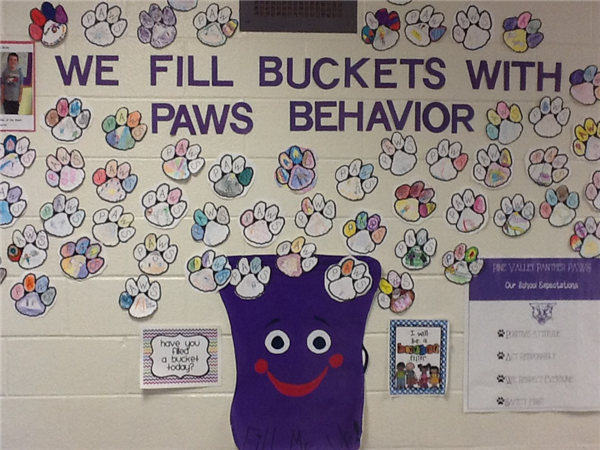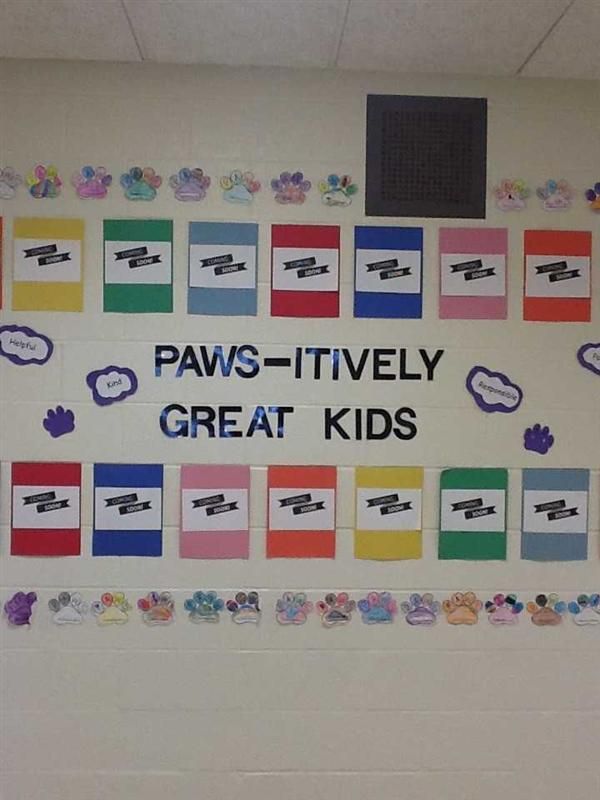Elementary School Counseling
Services
Services Provided by the
Elementary School Counselor
Individual Counseling
Group Counseling
Discussion Groups
Classroom Guidance lessons
Push-In Services
Student Observations
Parent Meetings/Consultation
Crisis Intervention
How Does a Child
Get to See the Counselor?
Self-Referral
Teacher Referral
Parent Referral
CSE Recommendation
Administrative Referral
Crisis Intervention
Referral Procedures: If you feel your child would benefit from counseling, please contact me at (716) 988-3291, 3240 to discuss your questions and concerns. A parent/guardian consent form needs to be signed in order for counseling services to begin with your child. Regular communication with parents is a vital component of the counseling process. Parents are viewed as partners and can assist by practicing learned skills with their child and reinforcing positive behaviors taught through the counseling process.
Counseling Groups Offered Throughout the School Year
Kindergarten Social Skills Group
This group is for Kindergarten students who need to build social skills and learn to interact more positively with their peers. Students are taught how to make and keep friends, use appropriate behavior, make positive choices, understand their feelings, and play in a respectful manner (share, take turns, respect boundaries, offer and accept help).
1st Grade Skill Building Group
This group is for 1st grade students who need to build on a variety of skills including social skills, choice making, problem-solving, following directions, and feeling expression. The group dynamic is important for these children as they learn how to make friends and appropriately interact through the group process. These children learn and practice skills through bibliotherapy (use of books and stories), play therapy (use of toys and games), and role play.
Empowering Girls Against Aggression
This is a group for 3rd and 4th grade girls and focuses on relational aggression (gossip, rumor spreading, dirty looks, name calling, note passing, and excluding). All girls resort to relational aggression at some point in their lives. It is the means by which girls react to jealousy and anger. It is also a means for girls to gain power among their peer group and become popular. The problem with relational aggression is that is can hurt friendships and lower self-esteem. This group empowers girls who have been bullied and those who do the bullying. They begin to understand the negative impact of relational aggression and how to avoid it in their lives. They learn how to be assertive and how to stand up for themselves without using put downs, sarcasm, or hurtful comments. These skills are vital for young girls, especially as they move on through middle and high school.
CASS
CASS Monthly Themes
CASS Monthly Themes
Each month students are introduced to a character theme. This theme will be announced on morning announcments everyday. The school counselor will also reinforce the theme by pushing into all gym classes once a month to do an interactive lesson around the character theme.
September: Living the PAWS expectations
October: Attitude is Everything
November: Be Resilient
December: Giving Back
January: Positive Communication
February: Self-Control
March: Creativity Counts
April: Celebrate Your Uniqueness
May: Career and College Readiness
June: Goal Setting
PBIS
Resources for Parents
Crisis Numbers
Helpful Resources
Anxiety Resources
Depression Resources
Anxiety and Depression Association of AmericaChildhood Depression - What Parents Can Do to HelpNational Institute of Mental HealthUnderstanding Depression
Grief Resources





